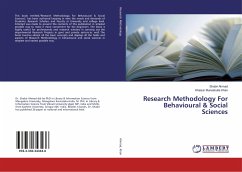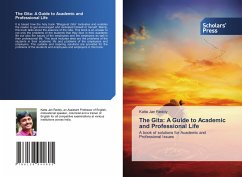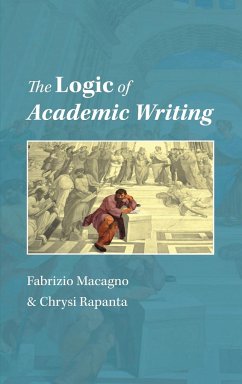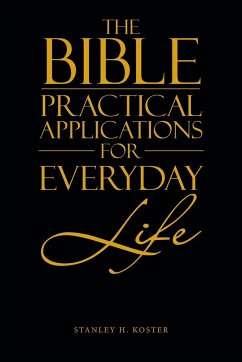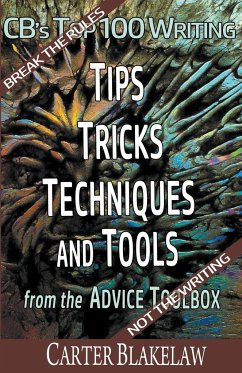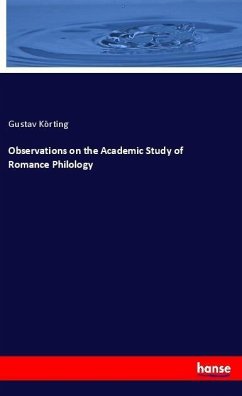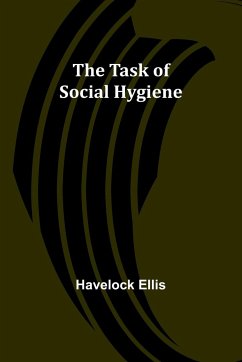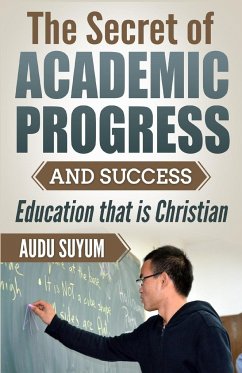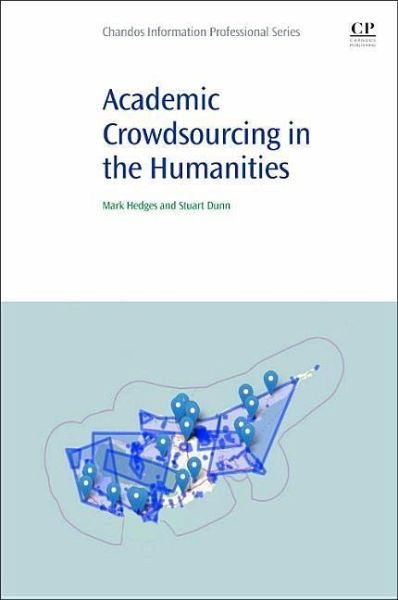
Academic Crowdsourcing in the Humanities
Crowds, Communities and Co-Production

PAYBACK Punkte
28 °P sammeln!
Academic Crowdsourcing in the Humanities lays the foundations for a theoretical framework to understand the value of crowdsourcing, an avenue that is increasingly becoming important to academia as the web transforms collaboration and communication and blurs institutional and professional boundaries. Crowdsourcing projects in the humanities have, for the most part, focused on the generation or enhancement of content in a variety of ways, leveraging the rich resources of knowledge, creativity, effort and interest among the public to contribute to academic discourse. This book explores methodolog...
Academic Crowdsourcing in the Humanities lays the foundations for a theoretical framework to understand the value of crowdsourcing, an avenue that is increasingly becoming important to academia as the web transforms collaboration and communication and blurs institutional and professional boundaries. Crowdsourcing projects in the humanities have, for the most part, focused on the generation or enhancement of content in a variety of ways, leveraging the rich resources of knowledge, creativity, effort and interest among the public to contribute to academic discourse. This book explores methodologies, tactics and the "citizen science" involved.




